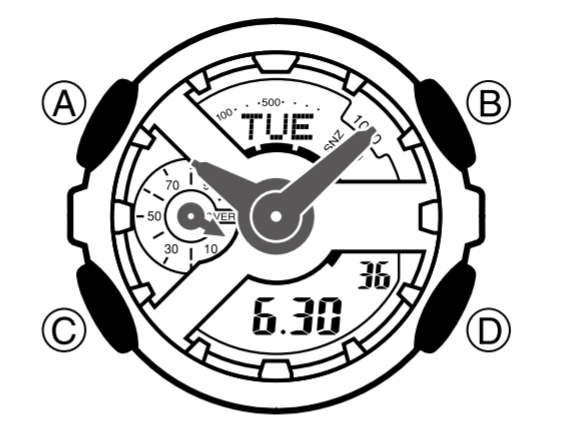The Outrageous Tax Women Pay For Everyday Products
This article is more than 2 years old

Regardless of gender, people often purchase similar day-to-day products. But research shows that items targeted and advertised specifically to women are often more expensive than comparable products marketed to men. This disparity is known as the pink tax since many of the affected products are emblazoned with the feminine color.
Several years ago, the pink tax received a lot of attention when New York City’s Department of Consumer Affairs discovered several instances of gendered pricing after examining 794 products sold to consumers of all ages. But researchers have been noticing and analyzing this discriminatory phenomenon since at least the 1990s, Investopedia reports.
A pink tax study analyzing 800 gender-specific products from 100 brands found that personal care products for women were 13% more expensive than the male equivalent. While accessories and adult clothing were 7% and 8% more expensive, respectively. The findings concluded that women are paying thousands of dollars more during their lifetime to purchase similar products as men.
Another pink tax study in the United States found that dry cleaning prices for women’s dress shirts were 90% more expensive than for men’s shirts. A similar analysis in the UK found that women’s deodorant was 8.9% more expensive than men’s. Facial moisturizers for female shoppers also cost 34.28% more than the male equivalent.
Interestingly, when a company sells a pink product for more than the male version, the additional revenue does not go to the government. The only beneficiaries of the pink tax are the businesses that charge women more than men. By contrast, the tampon tax is an actual sales tax that many states impose on feminine hygiene products.
The pink tax also doesn’t refer to the high cost of items like makeup and menstrual products that women use and pay for throughout their lives. To rectify the situation, the United Nations has called on countries to eliminate the unfair cost so women can achieve full and equal participation in the economy. In 2016, the United States proposed federal legislation called the Pink Tax Repeal Act remains pending in Congress, WeForm reports.
Speaking about the proposed legislation, California Congresswoman Jackie Speier of California said the pink tax is blatantly discriminatory. “It affects women from all walks of life from the cradle to the grave,” she explained in a statement. As the lead sponsor of the bill, Speier aims to regulate seemingly unjust price discrepancies out of existence.
Companies violating the pink tax law would be considered in violation of the Federal Trade Commission’s unfair or deceptive acts or practices rules affecting interstate commerce. Interestingly, governments can contribute to gendered price discrimination through distinct tariff rates on products that are identical, except for the gender of their target consumer.
Sadly, the pink tax has imposed an economic burden on women around the world for decades. The added cost of basic products is made worse since women continue to earn less than men. The World Economic Forum’s Global Gender Gap Report 2022, found that when it comes to wage equality for similar work, only five out of the 146 countries achieved scores higher than 0.80. A score of 1.0 would mean full wage parity.







